Photovoltaic Panels
Solar panels harness the energy of the sun to convert sunlight into electricity that can be used in your home or business.
This is done through a process called the photovoltaic effect, where sunlight excites electrons that go on to generate an electric current.
The solar modules, or panels, are the first and most important part of any solar PV system.
How Solar Panels Work
An individual solar panel is made up of many solar cells, along with the electrical connections between them, and the frame and glass that hold the cells together.
Each solar cell is made from a semiconductor material, usually silicon, which converts sunlight into electricity.
When sunlight strikes the solar cell it causes electrons to generate an electric current which passes through metallic contacts attached to the cells.
How does this make electricity for your home?
When sunlight strikes the solar cells in a panel, it creates a flow of energised electrons that generate an electric current as they flow through a circuit.
The electric current generated by the solar panels is Direct Current (DC), which needs to be converted into Alternating Current (AC) before it can be used.
This is done by the Inverter, an essential component in a solar PV system, which makes the electricity generated usable and regulates its voltage.
How much energy is made by solar panels
The amount of power generated by solar panels is determined by technical factors such as their size and efficiency, along with the environmental conditions wherever you have them installed.
The efficiency of a solar panel determines how good it is at converting sunlight into electricity. Most residential solar panels have an efficiency in the region of 21% – 24%.
Larger solar panels are made up of more solar cells than smaller ones. This means that they just have a greater area to receive sunlight for power generation.
The amount of sunlight you receive in the average day or year can vary greatly by region. This will affect the amount of electricity solar panels can create.
If solar panels are installed where they are partially or completely in shade some or all of the time, it can significantly reduce their power output. Avoid this if at all possible.
Solar cells and the panels they make up actually get less efficient as they get hotter. The datasheet for a solar panel will tell you how much power output they can expect to lose above 25℃.
Solar Panel Brands
These are some of the top brands of solar panels used by installers in Ireland today, chosen for their high efficiency and long-lasting quality at competitive prices.
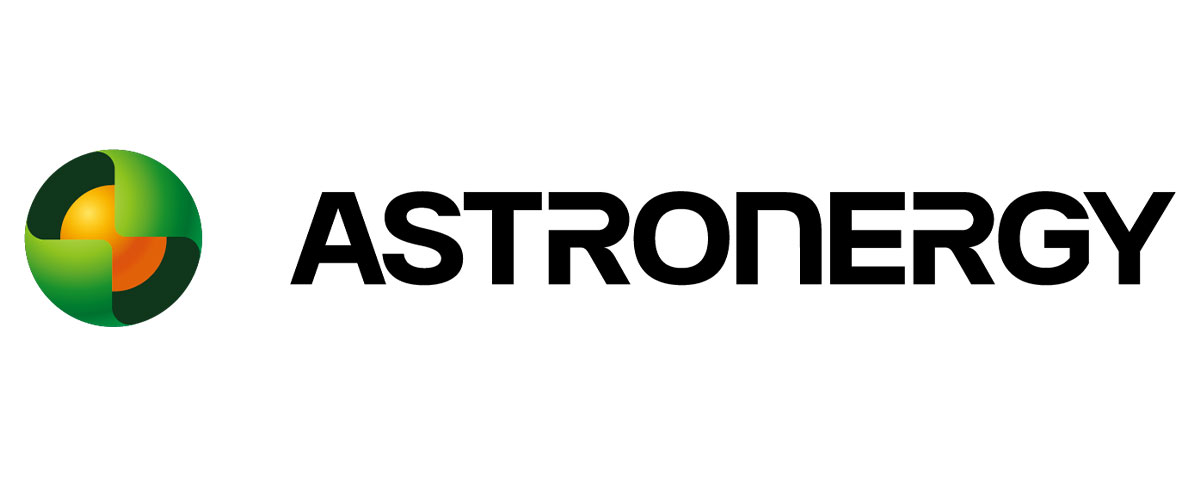
Origin:
China
Output:
450W – 725W
Product Warranty:
15/25 Years
Power Guarantee:
30 Years
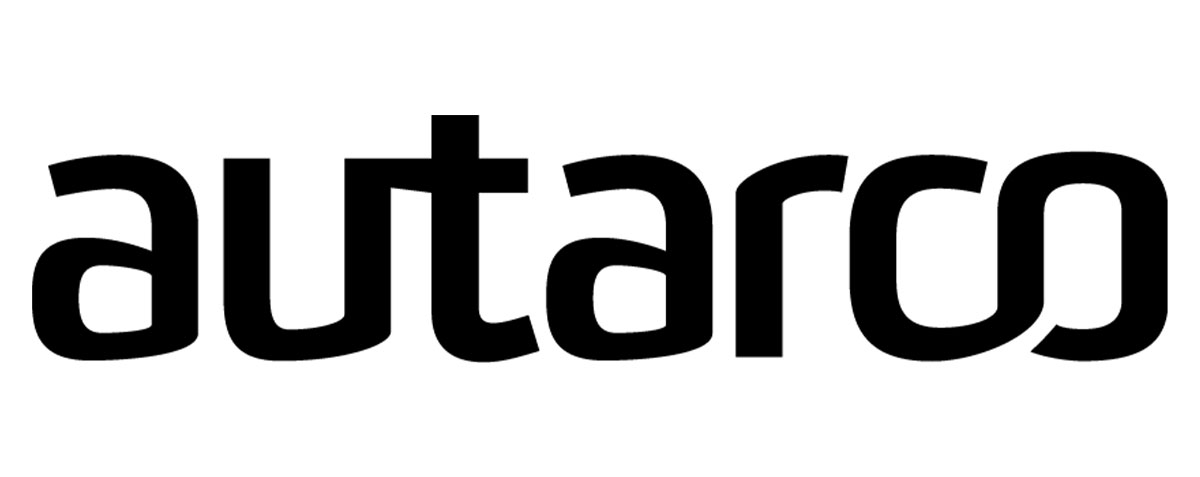
Origin:
Netherlands
Output:
435W – 515W
Product Warranty:
25 Years
Power Guarantee:
30 Years
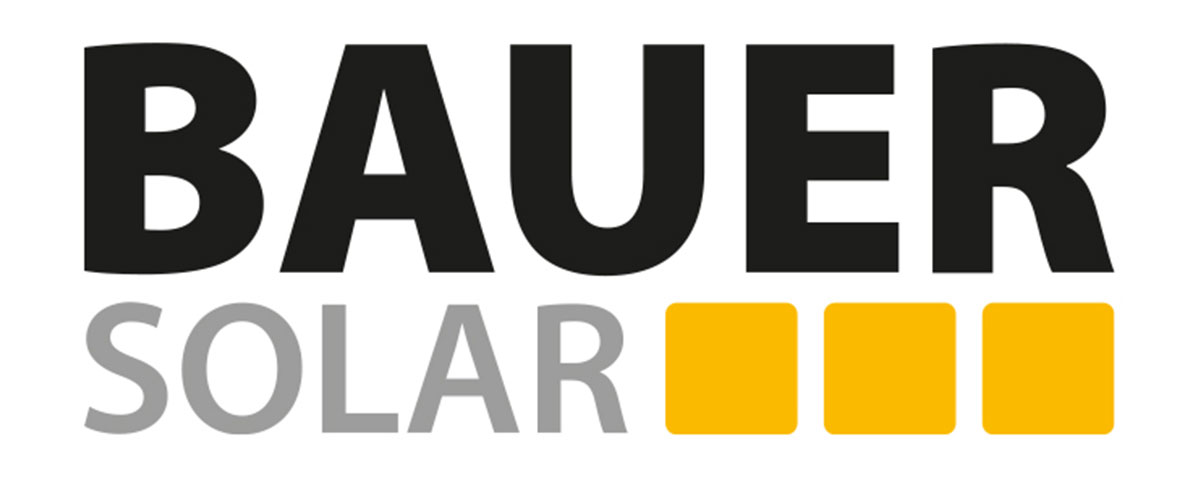
Origin:
Germany
Output:
440W – 460W
Product Warranty:
30 Years
Power Guarantee:
30 Years
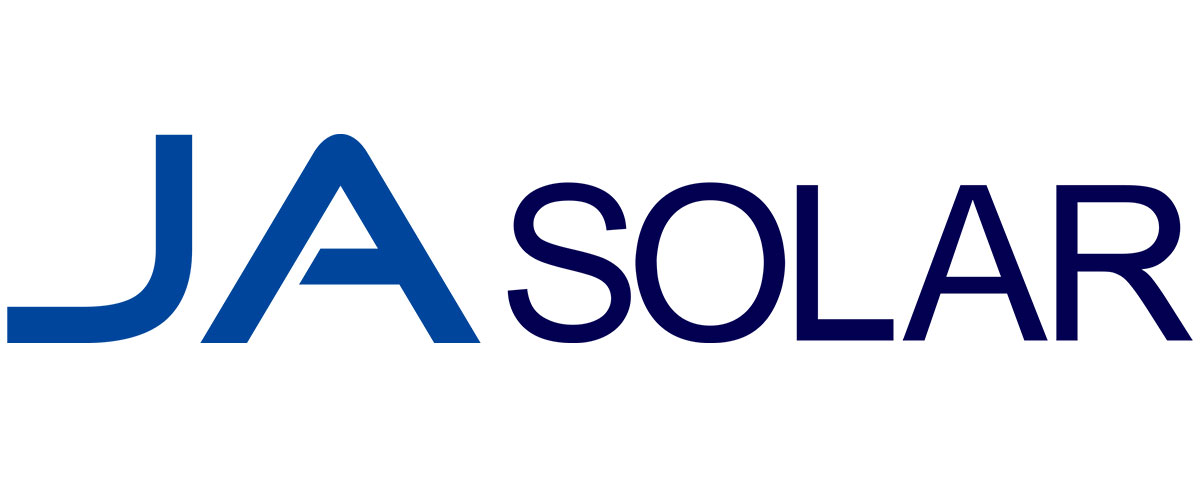
Origin:
China
Output:
380W – 630W
Product Warranty:
12 Years
Power Guarantee:
30 Years
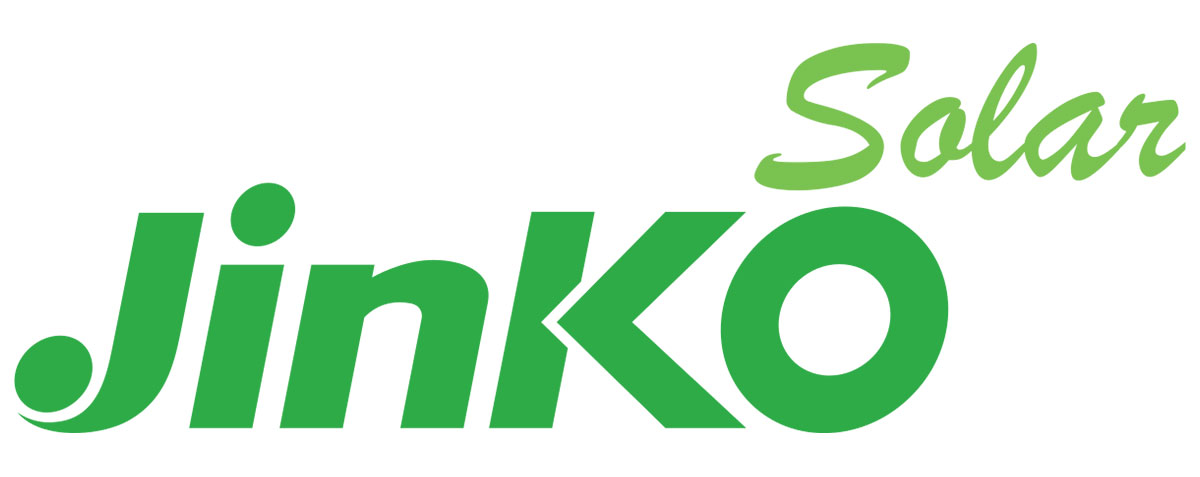
Origin:
China
Output:
445W – 470W
Product Warranty:
12/25 Years
Power Guarantee:
30 Years
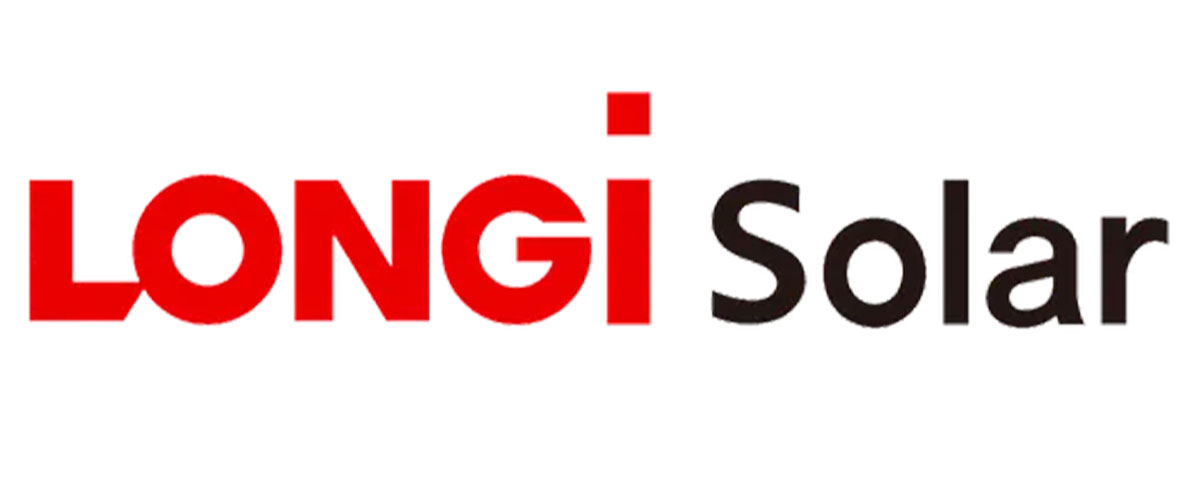
Origin:
China
Output:
415W – 670W
Product Warranty:
12 – 25 Years
Power Guarantee:
25/30 Years
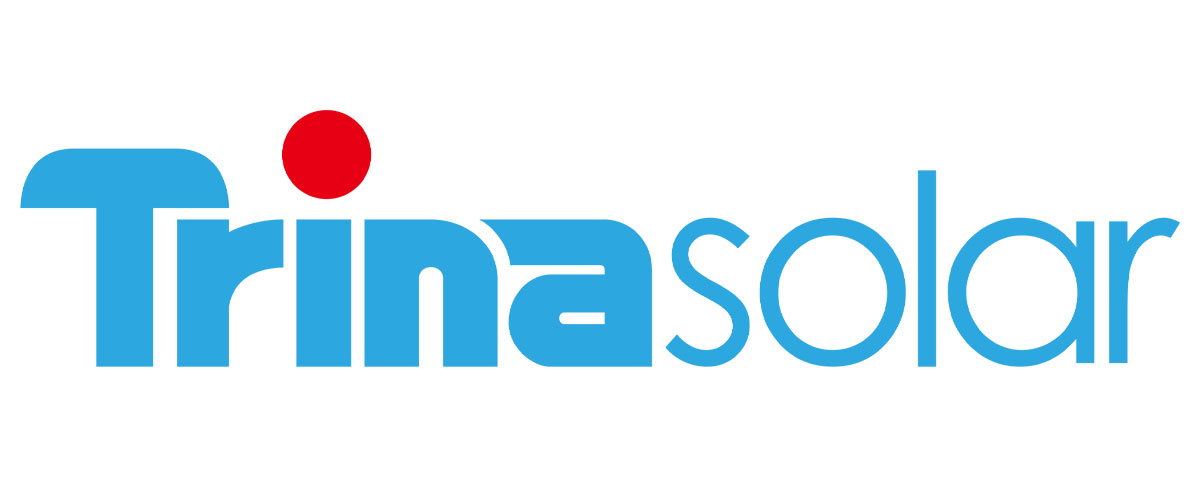
Origin:
China
Output:
425W – 720W
Product Warranty:
12/15 Years
Power Guarantee:
30 Years
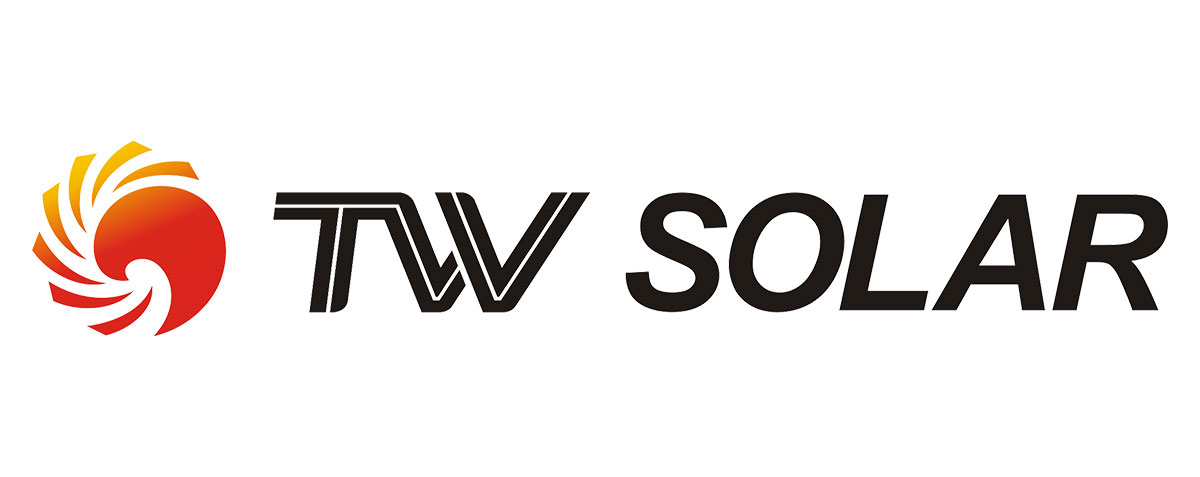
Origin:
China
Output:
445W – 750W
Product Warranty:
12/15 Years
Power Guarantee:
30 Years
Get Free Solar Quotes Today
Find a local recommended solar panel installer in your area, and get your free quote today. It’s 100% cost and commitment free.


